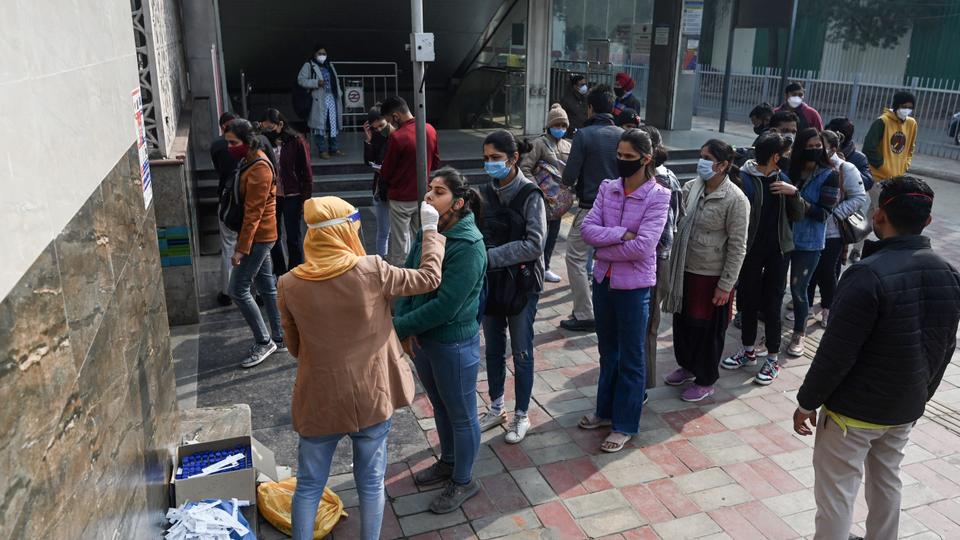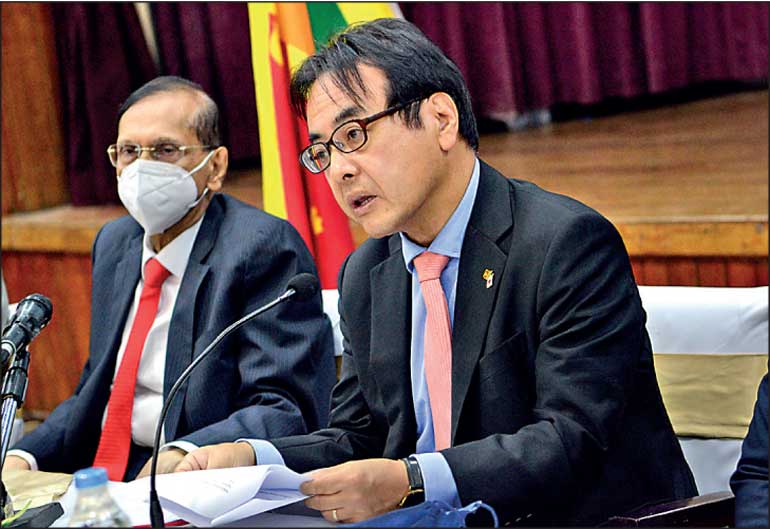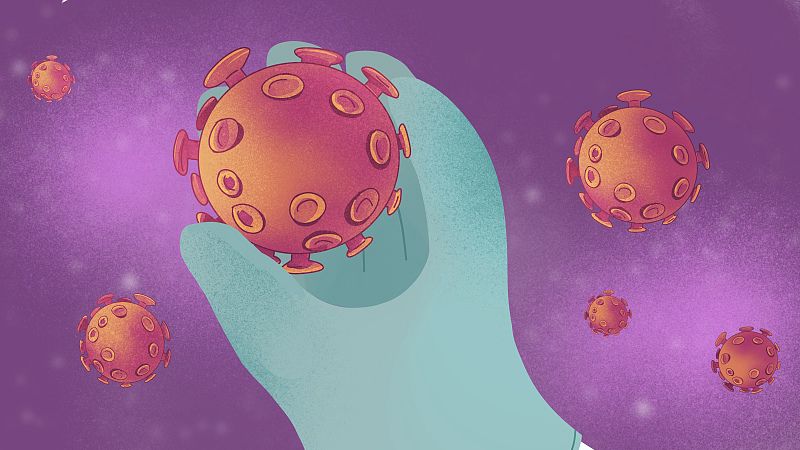Covid-19 has infected more than 292M people and killed over 5.4M worldwide. Here are some of the latest coronavirus-related developments:
India’s Delhi imposes weekend curfew
India’s capital Delhi will impose a weekend curfew to try and curb the spread of the Omicron variant of the coronavirus as cases have risen in the past few days.
Deputy Chief Minister Manish Sisodia told a news conference that most offices would have to make half their employees work from home.
Meanwhile, India reported 37,379 new Covid-19 cases in the past 24 hours, the most since early September.
Deaths rose by 124 to reach a total of 482,017. Total infections stand at 34.96 million.
Russia reports over 15,000 new cases
Russia has reported 834 deaths and 15,903 cases of Covid-19 in the past 24 hours.
Covid patients showing less severe symptoms – UK vaccine minister
People being hospitalised with Covid-19 in the United Kingdom are broadly showing less severe symptoms than before, Britain’s vaccine minister has said.
“At the moment, if you look at the people who have been hospitalised, they are going in with less severe conditions than before,” Minister for Vaccines and Public Health Maggie Throup told Sky News.
“The numbers that are in hospital beds is about half what it was a year ago – and that just shows the power of the vaccine.”
France’s lower house suspends review of vaccine pass bill
France’s lower house of parliament has suspended debates over a bill to make it mandatory for people to show proof of Covid-19 vaccination to go to a restaurant or cinema or take the train.
Tense discussions of the new law, which would remove the option of showing a negative test result instead of having the innoculations, were halted after midnight on Monday after a majority of deputies voted to suspend the session.
The heads of the various parliamentary groups must now set a new date for debates to resume, the Vice-President of the National Assembly Annie Genevard said.
Once voted in the National Assembly, the new law needs to be voted in by the senate, before it comes into force on Jan 15.
A strained debate in parliament on Monday highlighted what the government and the opposition described as widespread fatigue with the pandemic and measures to tackle it.
The proposed tightening of the rules has angered anti-vaccination activists and some lawmakers say they have been subject to aggression including vandalism and violent threats.
Australia’s hospitalisations hit pandemic high in NSW
Australia’s Covid-19 cases have touched a fresh pandemic high amid an Omicron surge in its two most populous states as hospitalisations in New South Wales (NSW), home to Sydney, surpassed the record numbers hit during the Delta outbreak.
NSW and Victoria, home to more than half of Australia’s 25 million people, saw another spike in infections, with 37,151 new cases reported between them, just shy of the national one-day high of 37,212 hit a day earlier.
Tasmania reported 702 new cases. Other states and territories are due to report their numbers later in the day.
People admitted in NSW hospitals rose to 1,344, a new pandemic peak, topping the 1,266 reached last September during the Delta wave. Numbers have more than doubled in a week, straining the health system.
More flights cancelled amid winter storm and Omicron
A winter storm that hit the mid-Atlantic has combined with pandemic-caused shortages of airline workers to push flight cancellations to a holiday-season high, creating more frustration for travelers just trying to get home.
More than 3,000 US flights and about 4,800 worldwide were canceled by late afternoon Monday on the East Coast, according to tracking service FlightAware.
Another 13,000 flights were delayed, including more than 6,000 in the US.
Brazil reports 76 Covid deaths
Brazil has registered 76 Covid-19 deaths and 11,850 additional cases, according to data released by the nation’s Health Ministry.
The South American country has now registered a total of 619,209 coronavirus deaths and 22,305,078 total confirmed cases.
Sony delays ‘Morbius’ amid Omicron fears
Sony Corp’s movie studio is delaying the January release of Marvel superhero movie “Morbius” until April 1, the studio has said in a statement.
The film starring Jared Leto in the title role has been postponed several times during the Covid-19 pandemic. Its most recent planned release date was January 28.
For movie theater operators, the delay is a setback as they try to rebound from extended closures during the Covid crisis.
Omicron upends return to US schools and workplaces
Some school systems around the US have extended their holiday break Monday or switched back to online instruction because of the explosion in Covid-19 cases, while others pressed ahead with in-person classes amid a seemingly growing sense that Americans will have to learn to co-exist with the virus.
Caught between pleas from teachers fearful of infection and parents who want their children in class, school districts in cities such as New York, Milwaukee, Chicago, Detroit and beyond found themselves in a difficult position midway through the academic year because of the super-contagious omicron variant.
Across the US, new Covid-19 cases have tripled in the past two weeks to over 400,000 a day, the highest level on record, amid a rush by many Americans to get tested.
Canada’s Ontario shuts schools, diners, and gyms
All schools in Canada’s most populous province will be shut down and move to online learning because of a record number of coronavirus infections fueled by the ultra-contagious omicron variant, Ontario’s premier announced Monday.
Premier Doug Ford also announced the closure of indoor dining. Gyms and cinemas will also close and hospitals have also been told to pause all non-urgent surgeries.
Ford said they are expecting a “tsunami” of cases and noted just one percent of 100,000 new cases a day could overwhelm hospitals. Ontario has a population of more than 14.7 million.
Source: TRTWorld and agencies

 News6 days ago
News6 days ago
 News6 days ago
News6 days ago
 News6 days ago
News6 days ago
 News2 days ago
News2 days ago
 News5 days ago
News5 days ago
 News5 days ago
News5 days ago
 News7 days ago
News7 days ago
 News2 days ago
News2 days ago


















